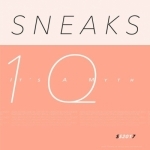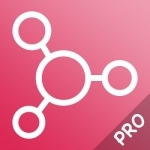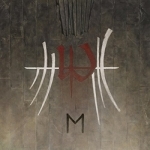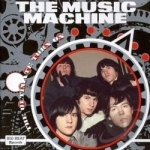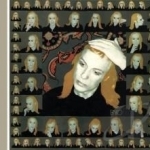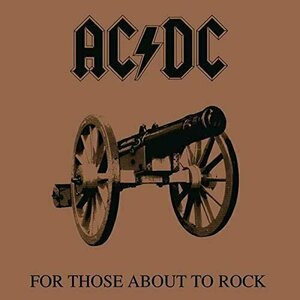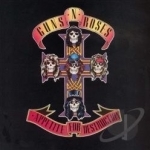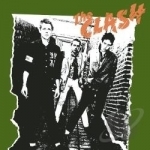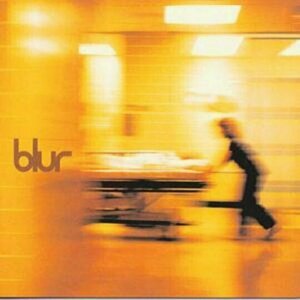"The thing about that record is that it had an honesty that rock & roll had been missing. The 80s were a terrible time when guitars didn't sound like guitars and there were drum machines, but then all of a sudden here comes this group, Guns N' Roses who plug in their guitars and just didn't mess around with any fancy stuff. And the songs were undeniable! 'Welcome To The Jungle' is an undeniable song in the same way that 'Satisfaction' has that great riff with the lyrics on top of it. Great lyrics, great imagery, and as soon as you heard that high-pitched voice that harkened back to a Robert Plant-ish approach to singing, which hadn't been heard in quite a while… Well, it still works today. That's got to be coming up to 30 years old, but you put that on today if it was a brand new band, I would say, 'Who's that?' That intro is almost symphonic, and it just defined the band. You hear that song, and then the rest of the album follows through. 'Welcome To The Jungle' is head, hands and feet above the other material. Bands have a few songs that just stand up, you know? You think Thin Lizzy, you think 'The Boys Are Back In Town'. You think the Stones, you think 'Satisfaction'. You think Led Zeppelin, you think 'Stairway To Heaven'. There are just certain songs that, either because of the melody or lyric or the sound of the song, intrinsically say, ""This is what that is"". The only band who doesn't have that thing, just because they have so many god damn good songs, is The Beatles.
I don't know if [us influencing them] is the case. We never paid attention to anything. There can be scenes or not and people can be influenced or not, but at the end of the day you are left to your own devices. When you think about it, The Beatles were influenced by Motown, The Everly Brothers, Chuck Berry, etc. but then when you hear The Beatles, it's their own stuff. It's like cooks. Everybody uses salt, everybody uses vegetables, there is nothing unique, but how you mix up those elements makes it yours or not. If you can grab a style, I think it has to do with talent. Everybody cooks, but few people are cooks."
Source

